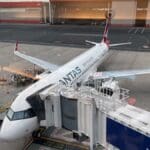
USA: Government shut down — how it affects Australian travellers
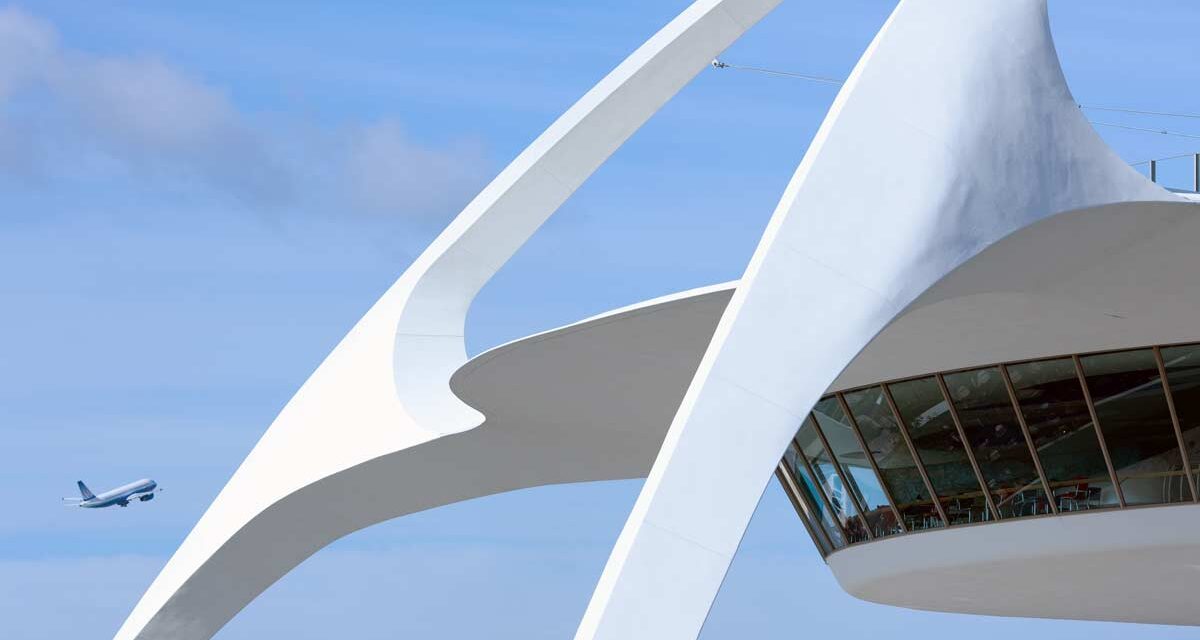
As of midnight U.S. time on 1 October 2025, the U.S. federal government is expected to shut down after Congress fails to pass all required funding bills. That means hundreds of thousands of federal employees will be furloughed (i.e. sent home without pay). Essential workers, such as air traffic controllers, TSA staff, customs, and border protection personnel, may continue to work, but without guaranteed immediate pay.
If your travel plans involve the U.S., expect knock-on effects. Here’s how you — as an Australian traveller — might be impacted and what you can do to stay ahead.
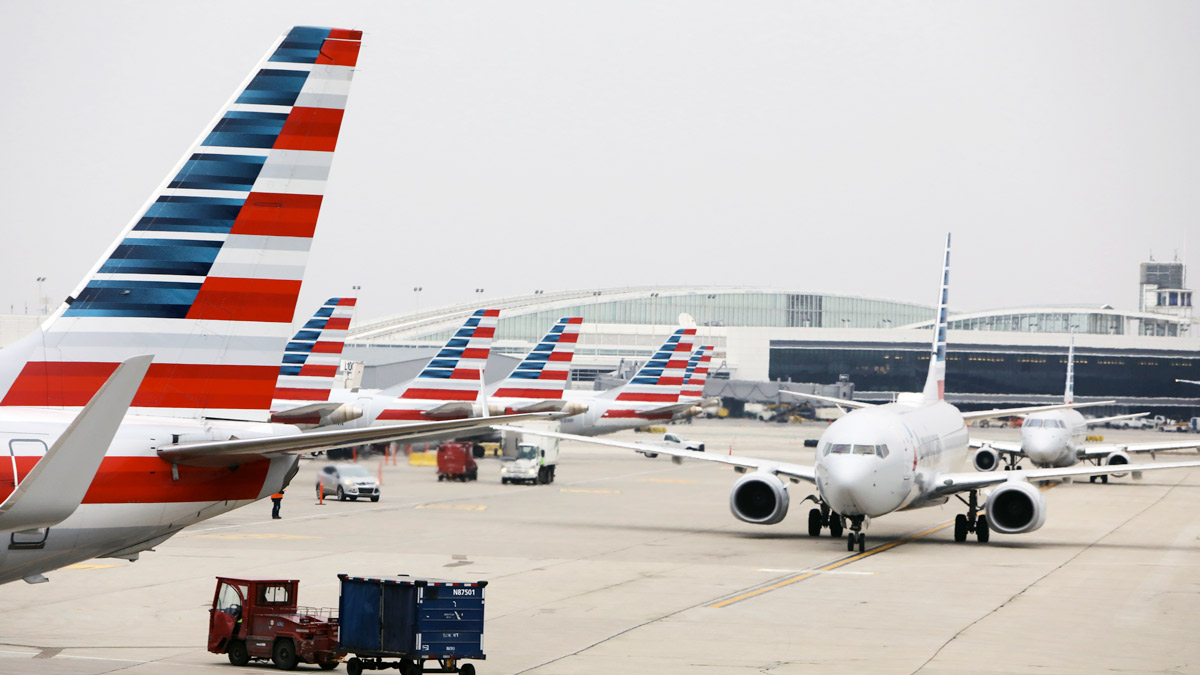
What could be disrupted?
This shutdown could be different, as the departments have also been asked who could be permanently let go, and not just furloughed. That means, instead of returning to work once the shutdown is over, they may never return.,
1. Airports, security & flights
Because air travel is considered essential, controllers, TSA agents and customs officers will continue to work according to Condé Nast Traveler. But they won’t be paid. That means staffing morale or attendance may suffer over time which raises the risk of:
- Longer security lines
- Flight delays or cancellations
- Slowed processing at customs & border control
- Delays in infrastructure upgrades or maintenance such as in the FAA or airport systems, which will be put on hold during the shutdown
If the shutdown drags on, some essential staff might call in sick or refuse to work without pay — as happened in prior shutdowns.

2. National parks, monuments, museums & attractions
One of the more visible disruptions will affect U.S. national parks, federally run museums, and historic sites. Because many are funded directly via federal appropriations, they could:
- Close visitor centres, gates, and restrooms
- Suspend ranger-guided programs
- Limit or close access entirely — especially to gated parks
- Operate with minimal or no staffing, which poses safety risks and potential vandalism or degradation (National Parks Conservation Association)
Some open-air trails or monuments may remain physically accessible, but without services or staff. In past shutdowns, parks that ran without staff saw trash accumulate, closed restrooms, increased safety incidents, and vandalism.
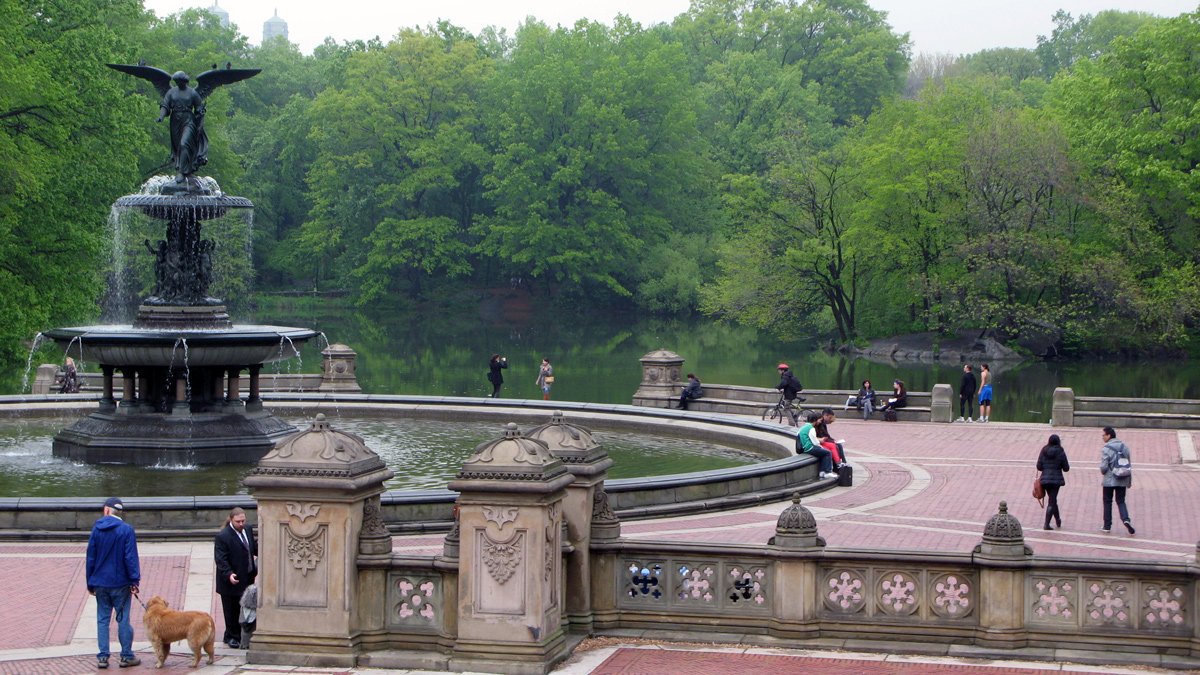
3. Passports, visas & consular services
Australian travellers may breathe easier here — consular operations (embassies/consulates) are often funded by fees, not general tax funds, and they tend to be deemed essential. That means visa processing and passport services should continue, at least initially.
Still, delays are possible if the shutdown drags on and the fee balances or staffing run low. During prior shutdowns, some consular services scaled back non-urgent processing.
4. Tourism economy & ripple effects
The tourism sector could take a heavy hit. The U.S. Travel Association estimates a shutdown could cost the travel industry US$1 billion per week. (U.S. Travel Association) Airlines, tour companies, local economies around parks and landmarks, and services reliant on tourist foot traffic are all vulnerable.

What this means for Australian travellers
Here’s what you might experience — and how to plan around it:
| Disruption | What travellers might see | What to Do |
|---|---|---|
| Arrive extra early at airports, monitor flight status constantly, and favour flexible / refundable tickets | Slower security screening, potential delays even for international flights to/from the U.S. | Arrive extra early at airports, monitor flight status constantly, and favour flexible/refundable tickets. |
| Reduced services/closures at national parks | Gates locked, visitor centres shut, no park staff, restrooms closed, tours cancelled | Check park websites before visiting. Prefer non-federal sites or outdoor areas not affected |
| Consular services/ visa delays | Passport/visa issuance may be slower. Possible delays in non-urgent services | Not a lot to be done once the shutdown begins, except hope it will not last too long! |
| Uncertainty & cancellations | Disruptions may prompt travellers to postpone or cancel U.S. travel | Check travel insurance covers government shutdown events |
![Manhattan Skyline from Central Park 2023 [Schuetz/2PAXfly]](https://www.2paxfly.com/wp-content/uploads/2023/11/manhatten-skyline-from-central-park-nyc-IMG_0810.jpg)
2PAXfly Takeout
The U.S. government shutdown could affect Australian travellers more than you’d first think. That is especially true if the stalemate drags on. Airports will still operate, and consular services will continue to run, but delays, closures, and reduced staffing may make your trip bumpier than expected.
If you’re heading to the U.S. soon, complete your visa or passport tasks as soon as possible. If possible, ensure your flight ticket is flexible in case of cancellations or delays. Plan for the unexpected. Don’t count on the parks or museums being open.
Most importantly, monitor US travel and embassy alerts as well as official Australian government travel advice.


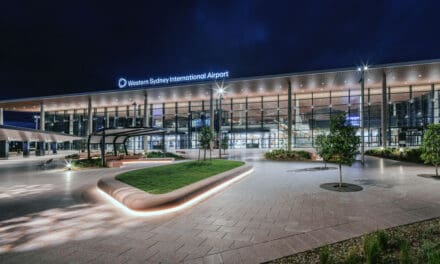
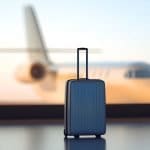




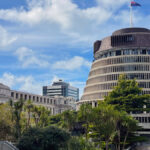


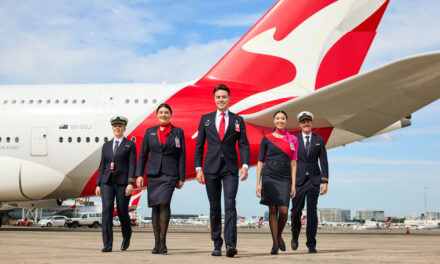
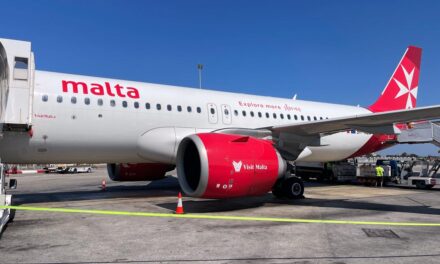





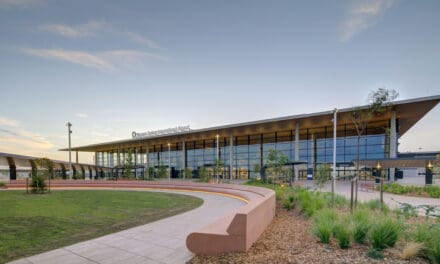


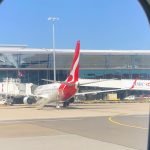
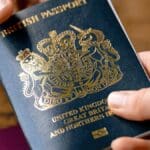



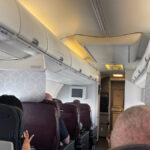






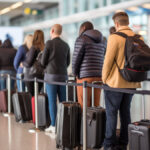

What did you say?